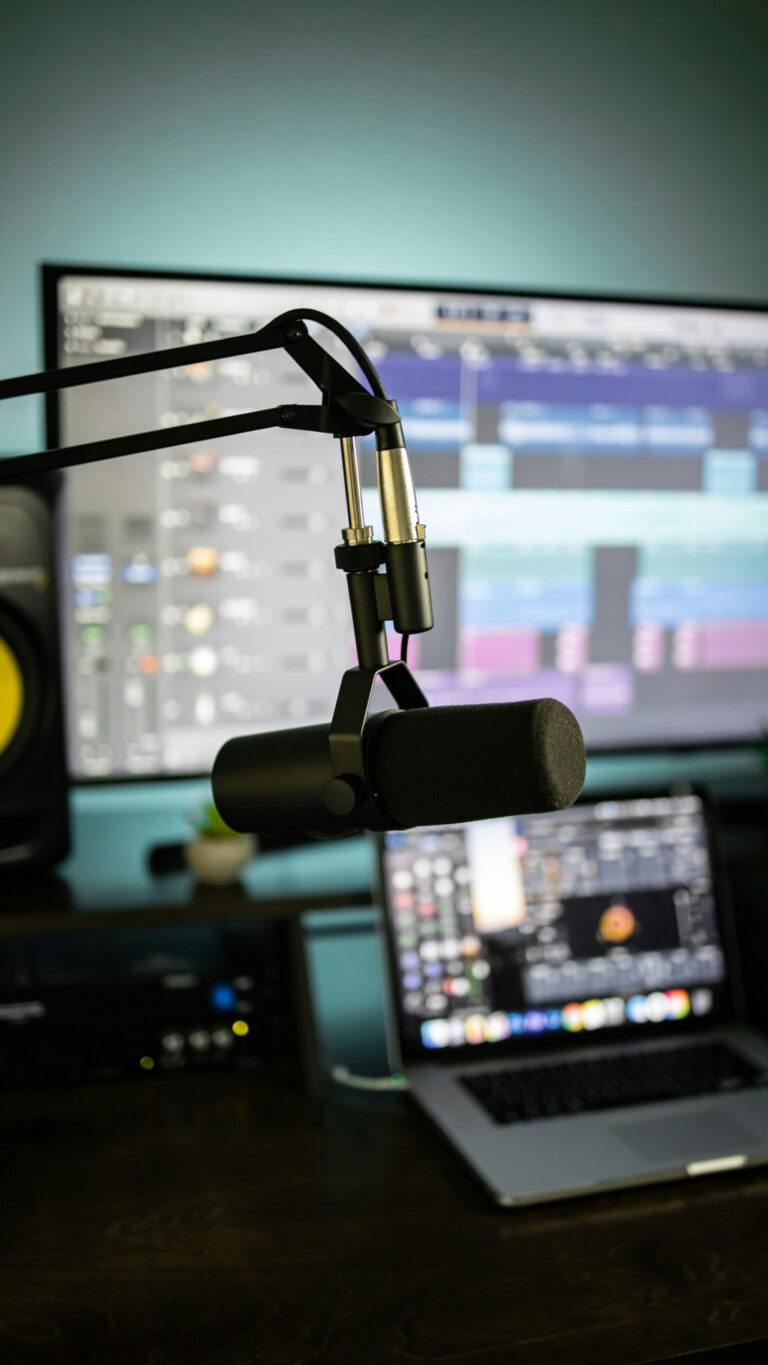Is it possible to associate the concept of sustainability with music? How can a musical project have a positive environmental, social and economic impact? Can internationalization and the development of local projects coexist in balance?
The music industry is, by its very nature, a world in constant motion. The aftermath of an unprecedented pandemic and the advent of new and increasingly powerful technologies, including AI, are forcing those involved to face a series of crucial challenges, which clearly demonstrate its limits and opportunities.
About a month after the launch event of the tenth edition of Linecheck Music Meeting and Festival Warm Up, a catalyst of entities interested in an exchange of good practices, resources and opportunities that operates by offering networking and new business opportunities at different levels, Dino Lupelli (General Manager of Music Innovation Hub) and Anna Zò (Project Manager of Music Innovation Hub) explain how the music industry can be sustainable, between AI, digital innovation and research.
Music Innovation Hub was born in 2018 in Milan to support the Italian music sector. Conceived as a hub dedicated to improving this ecosystem, both in terms of impact and profit, MIH is configured in all respects as an incubator of new artistic talents that develops professional training programs and encourages networking opportunities in the music industry.
As evidence of its commitment in this sense, Music Innovation Hub collaborates with the Academy of training in creative industries SAE Institute Milano, with which it created the two-year course of studies in Music Business, which provides students with essential skills and competences to become professionals in the world of the music industry, orienting them towards emerging sectors including new technologies. Furthermore, MIH constantly works with innovative startups proposing impactful and socially responsible projects, combining them with a rapidly evolving scenario.
Our role is to build platforms where different players can freely connect with each other and with potential partners. At a European level, we also build alliances aimed at simplifying the relationship between industry and institutions through permanent and temporary networks composed of entities that work together structurally or on a project basis. We strongly support an international dimension of development rather than simply an Italian one – says Dino Lupelli, Director of Music Innovation Hub, who adds – We believe that putting a system of values at the center of our projects that are a point of reference for the development of the musical ecosystem is important, precisely to address the technological and transformative challenges that seem to be able to annihilate the role of individuals. Only through 'sustainable' projects is it possible to give music the right positioning in contemporary society and get it out of that mechanism of pure consumption that is the phenomenon we are observing with ever greater frequency”.
Music and sustainability: an ever-changing scenario.
For MIH, sustainability does not mean only a lower environmental impact than traditional production processes, but represents a model that balances different interests.
In MIH we believe that there is environmental, social and economic sustainability of equal importance and all functional to a balanced development of the sector – says Lupelli – If we talk about environmental sustainability of live music, the urgency of providing access to transport systems that allow the public to reach the venues with the minimum environmental impact emerges, as many studies indicate this as the most important obstacle to reducing CO2 emissions for a festival or a concert.
If we talk about the social sustainability of music, however, we come up against cultural conditioning that often prevents us from thinking and acting in an inclusive way: let's think for example of how far away gender equality is still in the industry or how little the most suitable solutions for the participation of people with disabilities are adopted in live events. Finally, if we talk about economic sustainability, we need to look beyond the numbers that often make it seem like everything is working for the best: if on the one hand, in fact, the economic dimension grows year after year, there are many realities that struggle to sustain themselves outside the mainstream. An inequality between a few big players and a multitude of independents that makes the system more fragile overall”, he concludes.
A system that is fragile in some ways but, despite everything, has never given in, not even in the face of the waves of a pandemic that has highlighted its most obvious weaknesses. Despite this, music has been able to react thanks to the technological solutions available: distribution platforms have grown to the point that today, for many players in the music industry, it is once again a flourishing period, with constant and unstoppable growth thanks to the progressive increase in users of these paid services and the consequent distribution of resources. AI, as much praised as it is feared and criticized, comes into play in this context of profound changes:
In our Hub we consider AI like any other technology: as such, it is a tool whose impact on human activities depends on the use we make of it. A regulated, transparent and ethical use can bring great benefits not only to the music sector and represent a tool to assist, incentivize and also increase human creativity – comments Anna Zò, Head of the Innovation Agenda in Music Innovation Hub, who continues – European regulation is moving in this direction and so are many startups, companies, innovators, artists who experiment with the use of this technology in different dimensions of music, not only in those strictly linked to generativity”.
Music Innovation Hub believes that the key words to support the protagonists of the musical universe are internationalization and sustainability, concepts clearly visible in the incubator's projects and which leads it to look with pride at the many Italian cities already named 'Cities of Music' which, each thanks to its uniqueness and specificity, are establishing themselves at an international level.
The process has started recently compared to other European cities and is affected by the frequent crises that have been undermining local development for a couple of decades now, but initiatives are multiplying and awareness is growing that music can be a driver for sustainable development. If on the one hand the transformation is unstoppable, with contemporary popular music increasingly the protagonist of institutional support and investment plans, on the other hand the scarcity of public resources currently prevents a real evolutionary push – comments Lupelli – Both in large cities and in peripheral territories, it is now important to consolidate projects that arise from below and include them within organic plans for the valorization of skills and the value generated by music. But we must not only look at the role of institutions, rather we must make way for an ecosystemic vision of music, where large and small players must be able to work symbiotically trying to achieve the common goal of expanding the 'consumption' of music”.






